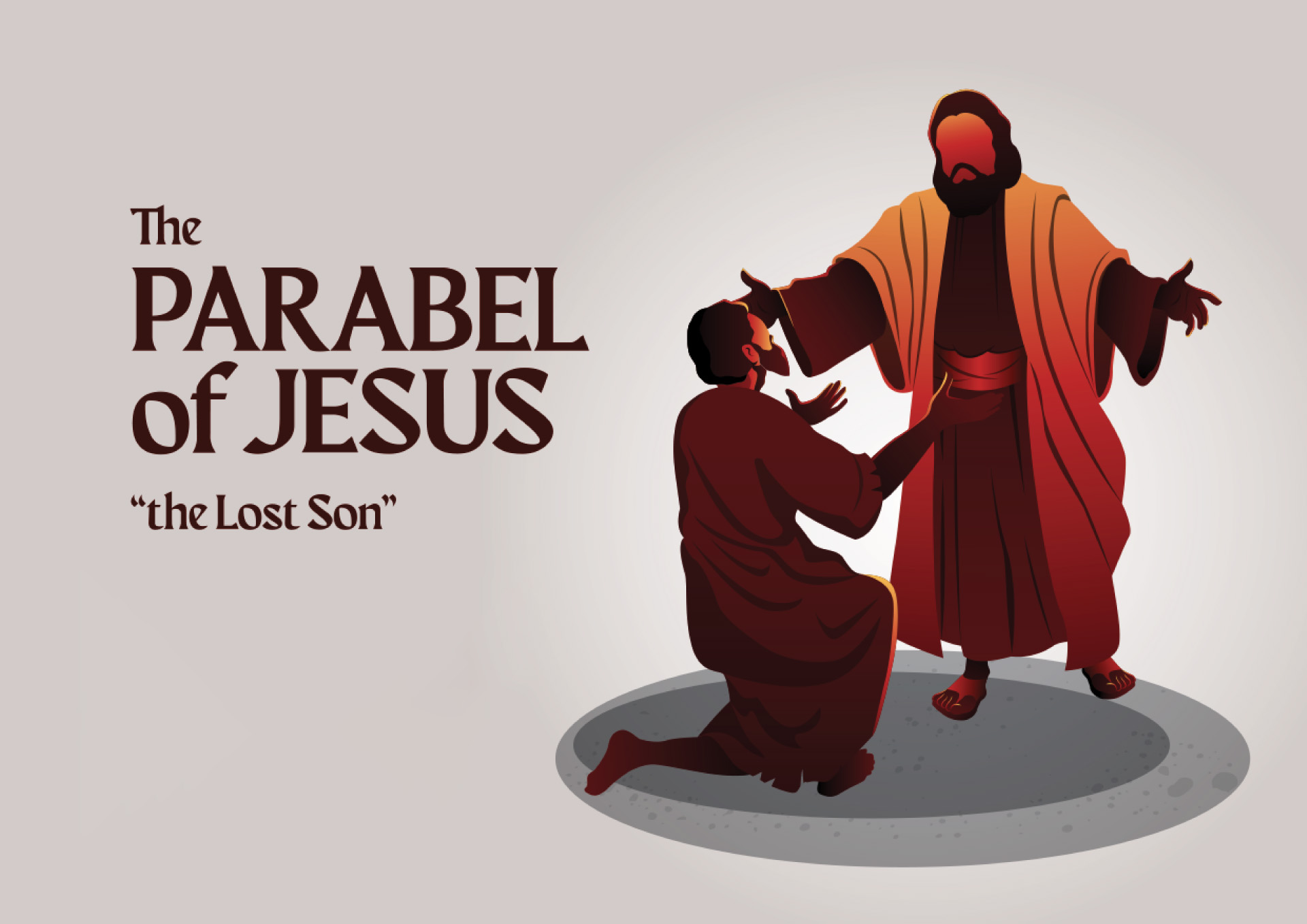Jesus continued: “There was a man who had two sons. The younger one said to his father, ‘Father, give me my share of the estate.’ So, he divided his property between them.
“Not long after that, the younger son got together all he had, set off for a distant country and there squandered his wealth in wild living. After he had spent everything, there was a severe famine in that whole country, and he began to be in need.
So, he went and hired himself out to a citizen of that country, who sent him to his fields to feed pigs. He longed to fill his stomach with the pods that the pigs were eating, but no one gave him anything.”Luke 15:11-32
Over the next few weeks, I am going to look at the different sections of this wonderful parable that Jesus told. This is one of my favourite portions of the whole Bible and although I know I won’t be able to fully do it justice in exploring its significance and deep meaning, I hope that you will hear God in a fresh way and be reminded again of the deep truths that lie within. Jesus was continuing his teaching through parables, speaking about things being lost. Highlighting the need for repentance and ultimately rejoicing in salvation – things being found! The parable of The Lost Son is the third in the instalment, the others being The Lost Sheep and The Lost Coin.
The start of this parable was shocking to his listeners and should be shocking to us also. A Father had two sons – so far nothing unusual about that, but the youngest asks for his half of his Father’s estate. As we know, the division of property and wealth to children usually comes after the father has died, so in other words this son was treating his father as if he was dead – perhaps even wishing he was so he could have a portion of his wealth!!! Taking his share of the money, he leaves, sets off to a distant country. I don’t think Jesus has a particular place in mind but moreover wanting to establish separation. The word ‘distant’ helps us appreciate that this son had totally separated himself from his father. The money soon runs out, the son squandered the lot on what we only know as wild living. The so called ‘freedom’ he thought he enjoyed would soon turn into a disastrous circumstance.
Perhaps sometimes we find ourselves in this position. We have deliberately separated ourselves from God through our actions and choices. We have deliberately chosen our way, shut God out and gone in our own direction. Sometimes this happens over a prolonged period, when we eventually realise, we are not as close to God as we once were and slowly but surely, we have drifted and compromised and ended up in a place where God may even be dead to us, a place of despair and need.
The word squandered means waste and (also) lost. We have squandered our relationship with Jesus for other things, wasted time and energy on stuff that ultimately will not fulfil or have any meaning. We have lost our way and can feel like there is no way back!
For the younger son in this parable, a famine hits the land, and his need becomes great as he has nothing left. He manages to get work feeding the pigs! There is a Jewish cultural issue here of him associating with what is considered unclean animals. We won’t dwell on that in this reflection but I’m sure the significance of this is not lost on you. He is so hungry he was tempted to eat the pig food. We read: “No one gave him anything!”
The world loves to take and take, it’s deceptive because we can often think and feel that we are gaining so much, a wild experience, amazing opportunity, but sadly the reality is it takes from us, it can take our identity, it can take our dignity, our very soul and leave us with nothing. Just look at the many politicians, musicians, footballers, celebrities and others who have fallen from having it all (in the world’s eyes) to having nothing at all. When that happens, when we hunger after the wrong things – we will eventually discover no one wants to know us or give anything.
When we go our own way, when we distance ourselves from God – we truly will be lost.
To be continued …

